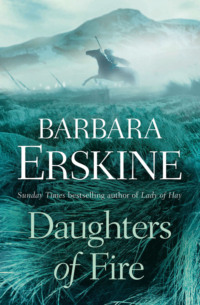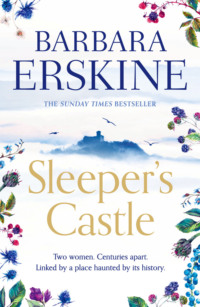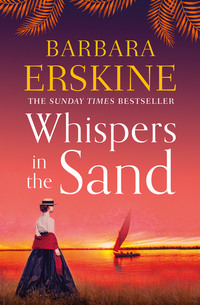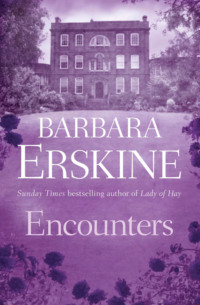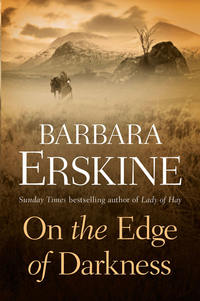Child of the Phoenix
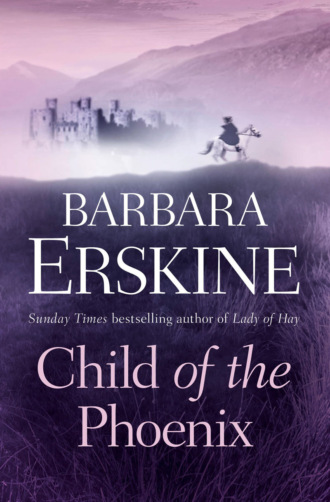
Полная версия
Child of the Phoenix
Жанр: историческая литературасовременная зарубежная литератураклассическая прозасерьезное чтениеоб истории серьезно
Язык: Английский
Год издания: 2018
Добавлена:
Настройки чтения
Размер шрифта
Высота строк
Поля
Конец ознакомительного фрагмента
Купить и скачать всю книгу

